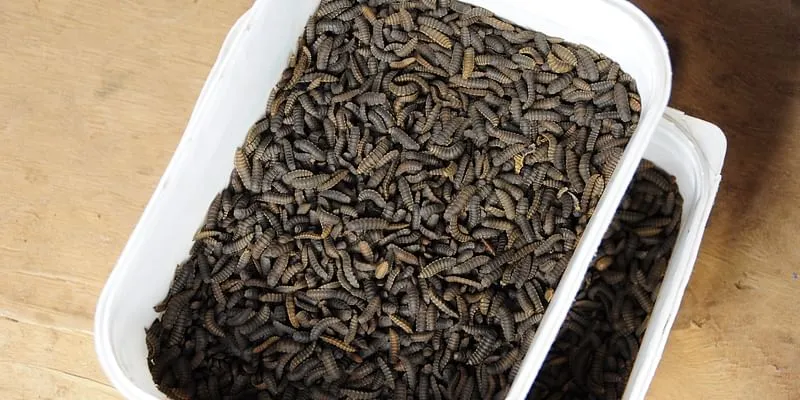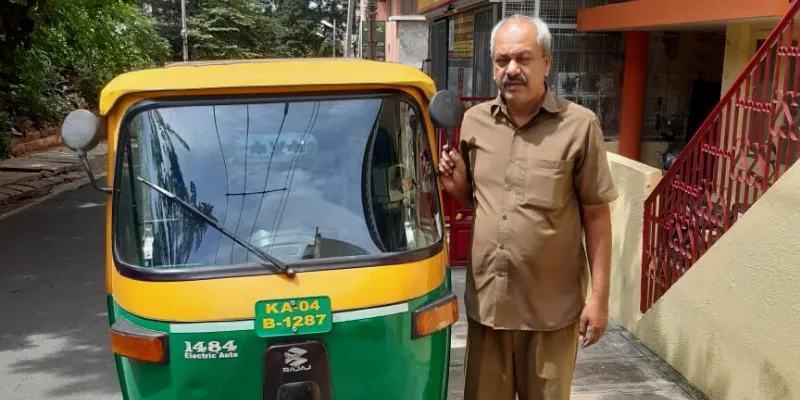These 5 startups are helping build a sustainable and environment-friendly future in India
With the rise in the use of technology, Earth’s natural resources are being depleted at an alarmingly fast rate. But a few startups are helping to solve the crisis that the planet is facing.
The world is currently facing both a health crisis and an economical crisis. Though the novel coronavirus gave the Earth a breather with people indoors, human activities are steaming back to square one with the lockdown relaxations.
The Earth is again beginning to face the brunt of human settlement, but nature can rest on a sliver of hope thanks to the many startups, NGOs, and individuals who are protecting the environment.
While the non-profits are doing their bit at giving back to the society, these startups have innovatively created products that can tackle the severity of the human impact on the environment, especially with the depleting natural resources.
Here are five startups that are helping to build a sustainable future.
SmarterHomes
Water is truly the elixir of life, yet millions of people struggle to find a reliable source of water, and many have to go on for days without a drop of it. On the other hand, water is used abundantly for domestic purposes in households.

is trying to fix this problem with their IoT water meter, WaterOn, that measures the number of units used by each apartment. It provides real-time information about the apartments' water meters, individual consumption, trends, and billing status.
The design also allows one to set up slab rates for units, that, in turn, helps in billing residents accurately. The households that use less water are highlighted on the water bill, which, in a small way, motivates people to reduce their monthly consumption. The consumer can access all these details with a simple app, on which they can even get notified of the leakages in the supply system.
Bare Necessities
Being a brand of daily essentials with products ranging from personal care to lifestyle, Bare Necessities flaunts a zero-waste packaging policy. In other words, the company uses post-packaging materials for their products – reusable glass jars wrapped in cloth scraps from the tailor and paper scraps from the printer.
Labels are printed on recycled paper and they utilise paper tape as much as possible, except on the shipping label. The team urges its consumers to recycle their products as much as possible and also demonstrates how a ‘Bare Box’ can be packed.
Loopworm
In the next 30 years, the demand for protein is expected to grow by 70 percent, as 80 percent of India’s population remains protein deficient. is a startup that has set a goal to create sustainable food and feed the population.

Image: Loopworm
Through a loop, they wish to bring balance to the circle of life. Loopworm is working on an extremely protein-rich diet for poultry farms and fisheries by using food waste, most of which at the moment, end up in landfills.
This environment-friendly method extracts the nutrition from food wastes with the help of different identified species of worms. The waste of these larvae, in turn, act as a natural fertiliser and creates a fertile soil ecosystem that plants can thrive in.
Phool
Flowers are in huge demand in temples all over the world for ritual purposes, however, most of the garlands are then dumped into water bodies. is one of the first startups that aim to solve the monumental temple-waste problem.
The team collects about 8.4 tonnes of floral waste from temples in Uttar Pradesh, which is handcrafted into charcoal-free incense, organic vermicompost, and biodegradable packaging material through their ‘flowercycling’ technology.

The products are handmade by women ‘flowercyclers,’ with the startup providing a source of income to many. Today, many temples are coming forward to aid the cause and are restricting the dumping of temple-wastes into the water bodies.
Three Wheels United
With more than 12 million people earning a livelihood driving autorickshaws, many of whom cannot afford a less polluting vehicle, India’s cities are experiencing a deteriorating air quality. Three Wheels United was founded to help these drivers and to reduce the amount of CO2 emissions from their vehicles.

Representational image
The organisation has helped the autorickshaw drivers switch to electric alternatives, which, in turn, helps them generate more income. They have offered their products and services to more than 30,000 drivers and financed at least 2,500 autorickshaws with a default rate of 1 percent.
Their initiative has reduced about 28,000 tonnes of CO2 emissions and also generated about an extra $90 million for their associated drivers.
Edited by Kanishk Singh








